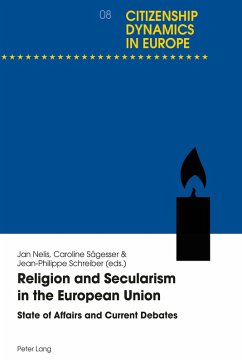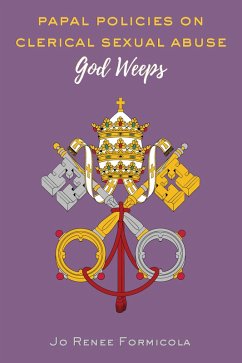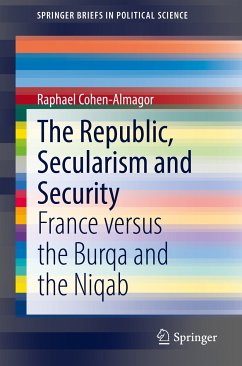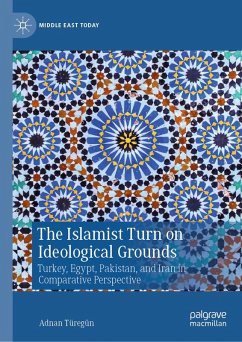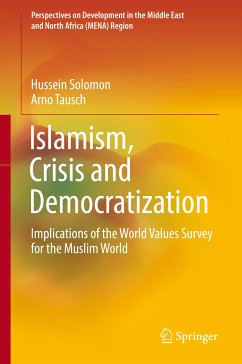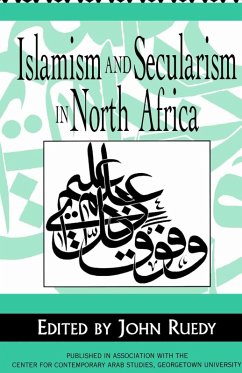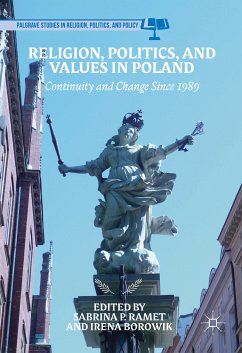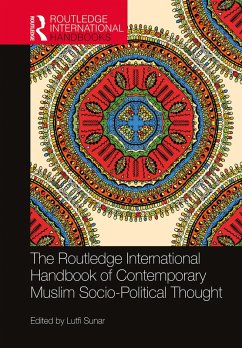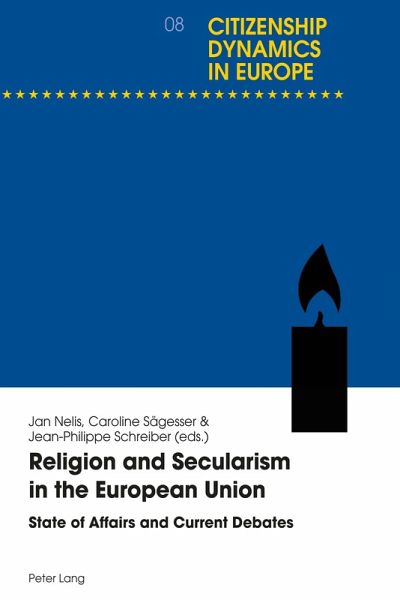
Religion and Secularism in the European Union (eBook, PDF)
State of Affairs and Current Debates
Versandkostenfrei!
Sofort per Download lieferbar
Statt: 55,30 €**
43,95 €
inkl. MwSt.
**Preis der gedruckten Ausgabe (Broschiertes Buch)
Alle Infos zum eBook verschenkenWeitere Ausgaben:

PAYBACK Punkte
22 °P sammeln!
The present volume monitors new developments concerning religious issues, faith-based organizations, State-Church relations and secularism in the EU, which especially during the past two decades have undergone profound changes, changes which continuously and increasingly alter mentalities and habits, whether belief-related or not. In this collective work, authors develop the major themes that are relevant to their country of expertise, while a final chapter is devoted to the role of the European Courts (ECHR and EU). The different chapters show that in recent years, religion, once thought to b...
The present volume monitors new developments concerning religious issues, faith-based organizations, State-Church relations and secularism in the EU, which especially during the past two decades have undergone profound changes, changes which continuously and increasingly alter mentalities and habits, whether belief-related or not. In this collective work, authors develop the major themes that are relevant to their country of expertise, while a final chapter is devoted to the role of the European Courts (ECHR and EU). The different chapters show that in recent years, religion, once thought to be of minor importance in a highly secular society, has made quite a vigorous political comeback. Thus Europe seems to have reached a crucial point in its history, a moment in which future tendencies in the field of religion and secularism are being defined, and negotiated. There is little doubt that the outcome of this process will influence the continent's future outlook, as well as its role and relevance in an increasingly globalized world.
Dieser Download kann aus rechtlichen Gründen nur mit Rechnungsadresse in A, D ausgeliefert werden.




